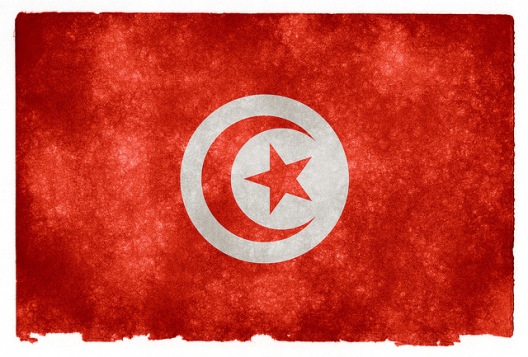 Tunisia’s transition to a democratic system has recently faced tremendous obstacles as political players negotiate for power. Commentators express worry that the longer the political impasse between Islamist and secular groups continues, the more likely that Tunisia’s process could be derailed. Nonetheless, the small North African country represents the best hope at a homegrown democracy. The German Marshall Fund of the United States (GMF) released its December 18, edition of Op-Med (Opinions on the Mediterranean) featuring an article on the issue by Duncan Pickard, nonresident fellow with the Rafik Hariri Center for the Middle East. In the article titled Tunisia’s Constitutional Process: Hurdles and Prospects who argues that while Tunisia has been able to weather the storm, three interrelated factors could hinder further progress:
Tunisia’s transition to a democratic system has recently faced tremendous obstacles as political players negotiate for power. Commentators express worry that the longer the political impasse between Islamist and secular groups continues, the more likely that Tunisia’s process could be derailed. Nonetheless, the small North African country represents the best hope at a homegrown democracy. The German Marshall Fund of the United States (GMF) released its December 18, edition of Op-Med (Opinions on the Mediterranean) featuring an article on the issue by Duncan Pickard, nonresident fellow with the Rafik Hariri Center for the Middle East. In the article titled Tunisia’s Constitutional Process: Hurdles and Prospects who argues that while Tunisia has been able to weather the storm, three interrelated factors could hinder further progress:
Pickard discusses the potential for success regarding these three contentious issues, highlighting the efforts to ensure equal rights in the constitution, the likelihood that the elections will give no particular group domination over others, and steps already taken towards the formation of a new government. He warns, however, that bitter political rivalries could create the deadlock that would paralyze Tunisian policy in the face of dire economic and security challenges. For the entire analysis piece, please visit the GMF website here.
Image: (Photo: Nicolas Raymond/Flickr)
